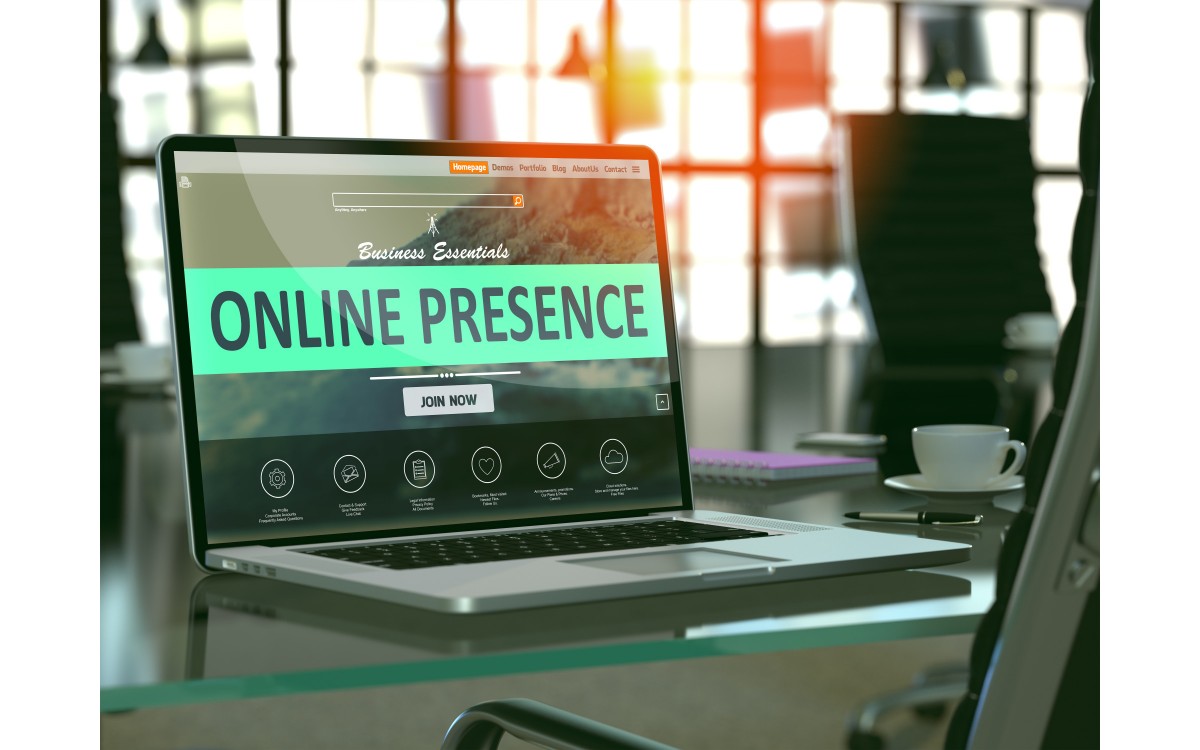7 Key Tips to Protecting Your Mental Health During a Quarantine
COVID19 has spread across the globe and drastically altered human life in all countries. Although temporary, these changes can be unsettling. The widespread quarantine enacted by different governments is one primary example of these changes.
Quarantine might be the best choice for your physical health, but it can easily take a toll on your mental health. Humans are meant to be social, and a lack of contact with others has been shown to increase the risk of depression.
Thankfully, there are several things you can do to protect your mental health during the quarantine. Continue reading to learn seven key tips to help you get through these difficult times with your mental health intact.
1. Take Care of Your Body
A healthy mind and body go hand-in-hand. Even better, taking care of your body can help protect you from developing severe complications due to the ongoing COVID-19 pandemic.
Try to eat a variety of healthy, nutrient-dense foods and take a multivitamin to ensure you get everything your body needs. Drink enough water and try to get moving at least half an hour each day.
2. Tackle One Big Project You've Put Off
Life gets busy, so this extra time is perfect for tackling those big projects you've been putting off. But don't get crazy and give yourself too much to do. Focus on one big project at a time and only move onto a new one once the first is finished.
Tackling a big project isn't all about getting things done. It'll keep you busy and make the day go by faster. It'll also produce a feeling of accomplishment that's important for your mental health.
A few ideas for big projects you may have time to do during quarantine include:
- Spring cleaning
- Cleaning out the closets in your home
- Planting that vegetable garden
- Putting up that new fence (if you already have the necessary parts)
- Organizing your junk drawer
- Filing the paperwork you've been shoving into your desk drawer
- Writing that story or memoir
- Sewing those new curtains
- Rearranging your living room (or any room in your home)
These are only a few prime examples. Consider what big things you've been putting off and figure out which you'd most like to do.
3. Socialize Virtually Every Day
Social distancing is more like physical distancing. "Distancing" doesn't mean you should shut the outside world out completely. It's essential for your mental health you get some form of socialization every day.
Texting friends and having conversations through social media is great. But try to include some of the more personal forms of virtual socialization, too. Phone calls and video chats with friends and family can help you feel not so alone.
4. Keep Your Routine as Much as Possible
During quarantine, it's easy to give in to the temptation to sleep in and stay in your pajamas all day. But it's essential to keep your routine as much as possible. Your brain has been programmed to follow a routine.
Set your alarm for your usual wake up time each day. Get dressed for the day. You can wear comfortable lounge clothes instead of work clothes but change out of those pajamas.
5. Get Outside Safely
If you aren't exhibiting symptoms, it's essential to get outside. Fresh air and sunshine are highly beneficial for your mental health. They've even been shown to help reduce symptoms of depression.
Sunshine also helps regulate your circadian rhythm. This is the process responsible for getting you to sleep and waking you up on time. By getting outside, you could help yourself sleep better.
The key is to get outside safely, so you still avoid other people. You might play with the kids in the backyard or relax on the porch. You can go for a walk around your neighborhood if you stay at least six feet away from anyone else who may be walking.
6. Avoid Excessive Social Media Consumption
Social media is a great way to keep in touch with your friends and family across the globe who are also under quarantine. Unfortunately, social media is also a place where misinformation and fear propaganda spread like wildfire.
Generally, you should avoid getting your information on COVID-19 from social media sources. An exception might be if you're tuning into the white house press conferences or live streams of your state's governor. These are usually reliable sources.
The biggest issue with social media is it can lead you into a downward spiral of anxiety. With so many articles being shared about the virus from so many sources, it's easy to get overwhelmed. Limit your time on social media to help avoid anxiety during the quarantine.
7. Learn Something New
Learning something new will both keep you busy and keep your mind active. It's vital to continue flexing the most important muscle in your body.
Now is a great time to get a head start on learning that new language. You might also decide to learn how to paint or sew. You might choose to learn some history or science.
Learning something doesn't have to be strictly schooling based. Some applications can teach you almost anything, even in game form. You could watch an exciting documentary on your favorite streaming service.
Don't forget the wealth of books available. There are digital books on nearly any topic you could imagine. Go ahead and read a few on a topic you'd like to learn about.
Do You Have More Questions About Protecting Your Mental Health?
It's normal to feel overwhelmed during uncertain times. During this quarantine, it's as essential to care for your mental health as it is your physical health. The seven tips above can help you do this.
Do you have more questions about protecting your mental health? Check out our other blog posts. You'll find a wealth of information on related topics.









